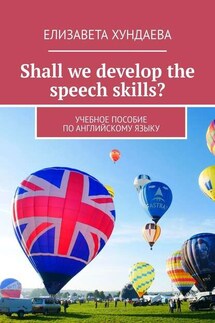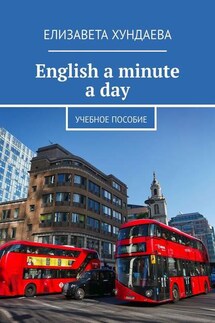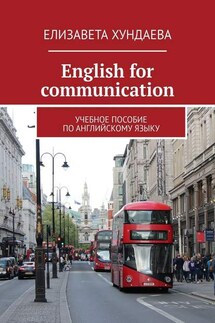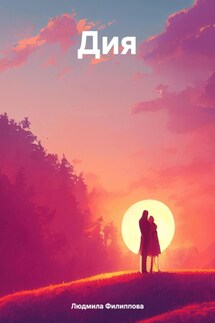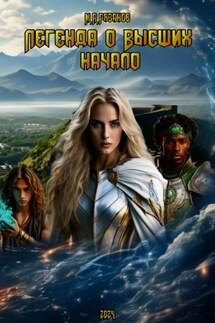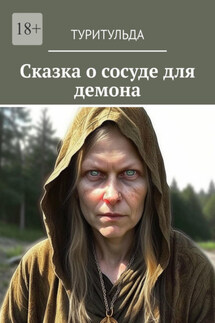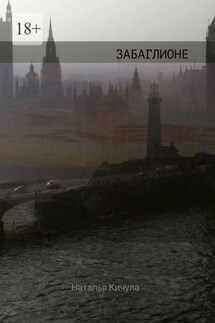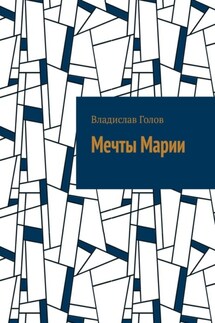English a minute a day. Учебное пособие - страница 2
ou [au] out (снаружи) count (считать) loud (громкий) sound (звук)
round (круглый) south (юг) ground (земля)
ow в следующих словах читается как [au]: how (как) now (сейчас) down (вниз) town (город) brown (коричневый)
ai, ay [ei] – main (основной) rain (дождь) train (поезд) raise (поднимать) wait (ждать) mail (почта) pain (боль) strain (напряжение) plain (ясный, простой) maid (служанка, девушка) may (мочь, быть в состоянии)
Lesson 20 (twenty)
Чтение букв и буквосочетаний
ind [aind]; ild [aild] – kind (добрый) mind (мнение) mild (мягкий) blind (слепой).
gh в конце и середине слова не читается – high [hai] (высокий), sigh [sai] (вздох, вздыхать), fight [fait] (сражаться), right [rait] (правильный), slight [slait] (легкий, слабый, незначительный), might [mait] (мог – прош. форма от гл. may), bright [brait] (яркий).
ew обычно читается как [ju: ] – few [fju: ] (мало), a few (несколько), knew [nju: ] (знал)
ew после l, r читается как [u: ] – flew [flu: ] (летал), grew [gru: ] (рос)
all [כ:l] – call [k כ:l] (звать, звонить), wall [w כ:l] (cтена)
ast [as: t] – ass [a:s] – cast [ka: st] (бросать), glass [gla: s] (стекло)
qu [kw] – quick [kwik] (быстрый), quite [kwait] (вполне), quiet [«kwaiət] (спокойный)
er, or, ar в конце слов без ударения читается как [ə]: teacher [’ti: tʃə] (учитель)
В конце слов в сочетаниях en, on, an, el, ol, al – безударные гласные e, o, a читаются как [ə] или вообще не читаются: strengthen [’streŋθ (ə) n] (укреплять)
Безударная гласная буква y в конце слова читается как [i] – army [«a: mi] (армия), duty [«dju: ti] (обязанность), hardly [«ha: dli] (вряд ли, едва ли), empty [«empti] (пустой)
Lesson 21 (twenty one)
tion, ssion [∫n] – nation (нация), mission (миссия), session (сессия)
ture [t∫ə] – picture (рисунок), culture (культура), feature (признак)
А reading exercise
(Упражнение на чтение слов)
Red kept did cost rust dust cut cent wet
Gentle jump just will we twins well wish
Ship catch twice match cell she get
Give wise shade bad good tell must see
Tree seat peace cool moon cook toast
Found main rain maid play pay pail pale
Deal wild child mild threw bind
Lesson 22 (twenty two)
The tongue-twisters (Скороговоркa)
In pin safety pin, in pin out.
Ann and Dan pat a cat in a hat on a mat.
I had a proper cup of coffee in a proper coffee-cup.
She sells sea-shells on the sea shore. The shells that she sells are sea-shells, I’m sure.
Peter Piper picked a peck of pickled peppers, the peck of pickled peppers Peter Piper picked. If Peter Piper picked a peck of pickled peppers, where is the peck of pickled peppers Peter Piper picked?
Lesson 23 (twenty three)
The plural form of the nouns
Множественное число существительных
Day – days
Cup – cups
Box – boxes
Sea – seas
Сat – cats
Match – matches
Pen —pens
Book – books
House – houses
Table – tables
Shape – shapes
Stage – stages
Term – terms
Rate – rates
Page – pages
Room – rooms
Part – parts
Place – places
Train – train
Joke – jokes
Change – changes
Tube – tubes
Rat – rats
Cage – cages
Lesson 24 (twenty four)
Pad – pads
Plate – plates
Sledge – sledges
Bag – bags
Back – backs
Sage (мудрец, шалфей) – sages
The definite (определенный) and indefinite (неопределенный) articles
А book, a play (игра, пьеса), a part, a day, an apple, an end, an arm (рука – от кисти до плеча), an aim (цель).
The forces (силa), the states (государство), the waves (волна), the changes (изменение).
